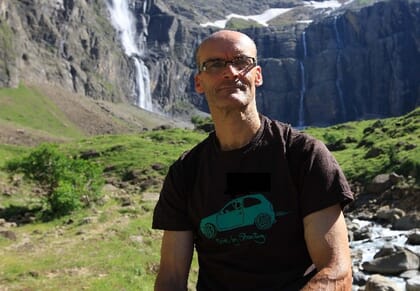Day one of AE2019, which is being held in Berlin under the title “Our Future – Growing from Water”, will be opened at 9am with a talk on “The Environment and Fish Health” by Professor Charles R Tyler, the eminent reproductive physiologist, ecotoxicologist and environmental biologist, who is based at the University of Exeter. He promises a talk that is “free ranging with the purpose of provoking thought into might better translate knowledge on fish physiology for optimising aquaculture practice”.

Day two, 9 October, will kick off at 10am with a plenary presentation and panel session focusing on “Producer, trade and consumer”. With input from aquaculture production, trade and consumption in Europe, it aims to “give voice to the concerns and standpoints of producers, traders and consumers, referring to… standpoints that are very clear to everyone familiar with the business but usually left unsaid, additionally challenging them with highlighted individual statements from random European stakeholders.” The session will be introduced by Birgit Schmidt-Puckhaber with an initial presentation by Alexander Wever of AWF Consulting, and followed by a discussion with panellists from Aquapri and the ASC.

The plenary on 10 October will be at 11.45am and will be given by Dr Dina Dziuba, senior underwriter at Agricultural Risks, who will focus on “Managing risks in a changing environment”. This final plenary promises to “give insights into future changes in food production systems and how aquaculture fits in that picture”.


